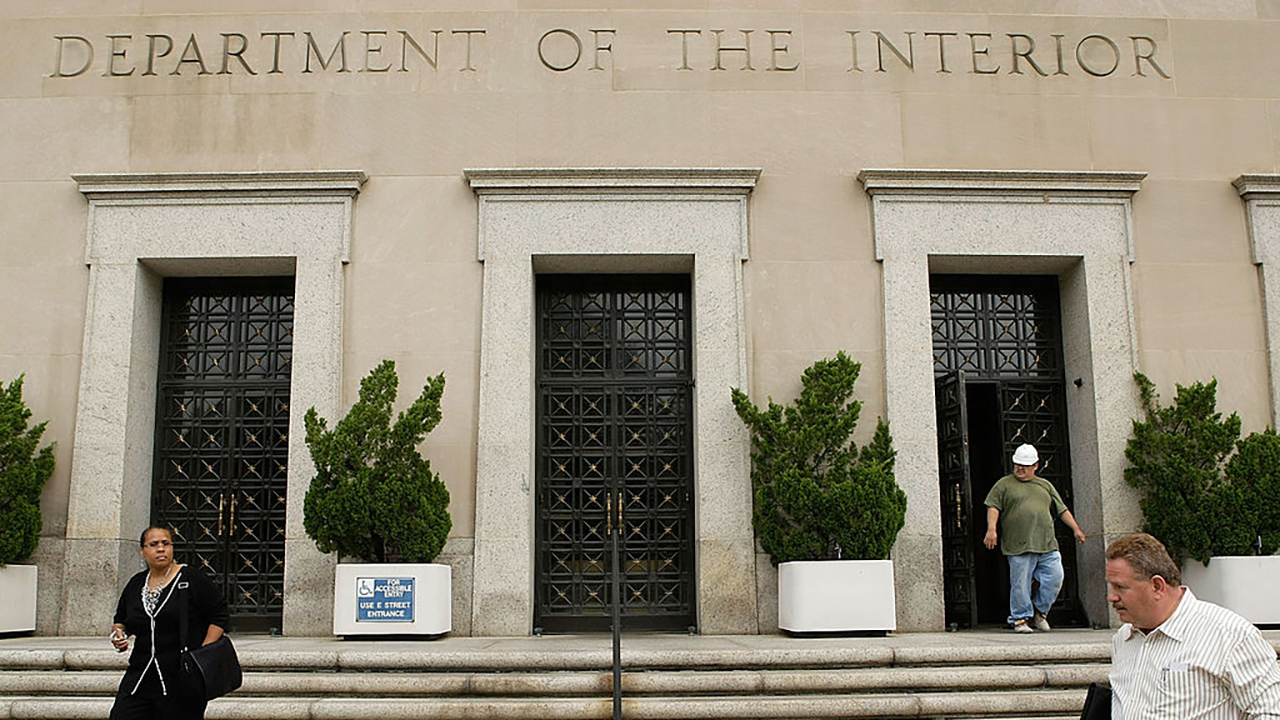James Madison, who was no fool, noted the same problem, but unlike Aristotle, he aimed to reduce democracy rather than poverty. He believed that the primary goal of government is "to protect the minority of the opulent against the majority." As his colleague John Jay was fond of putting it, "The people who own the country ought to govern it."
Madison feared that a growing part of the population, suffering from the serious inequities of the society, would "secretly sigh for a more equal distribution of [life’s] blessings." If they had democratic power, there’d be a danger they’d do something more than sigh. He discussed this quite explicitly at the Constitutional Convention, expressing his concern that the poor majority would use its power to bring about what we would now call land reform.
So he designed a system that made sure democracy couldn’t function. He placed power in the hands of the "more capable set of men," those who hold "the wealth of the nation." Other citizens were to be marginalized and factionalized in various ways, which have taken a variety of forms over the years: fractured political constituencies, barriers against unified working-class action and cooperation, exploitation of ethnic and racial conflicts, etc.
(To be fair, Madison was precapitalist and his "more capable set of men" were supposed to be "enlightened statesmen" and "benevolent philosophers," not investors and corporate executives trying to maximize their own wealth regardless of the effect that has on other people. When Alexander Hamilton and his followers began to turn the US into a capitalist state, Madison was pretty appalled. In my opinion, he’d be an anticapitalist if he were alive today — as would Jefferson and Adam Smith.)
The Noam Chomsky Website.

chomsky.info

www.cbsnews.com



